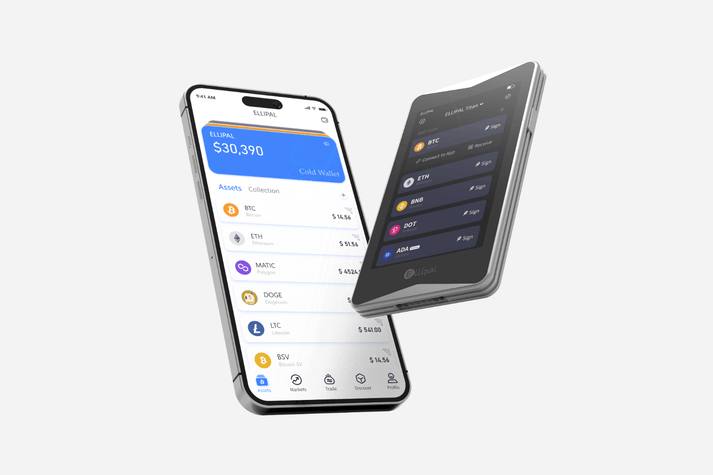Understanding the Basics of Cold Wallets: Why They're Essential for Cryptocurrency Security
Cuerpo
In the ever-evolving world of cryptocurrency, security remains a paramount concern for investors and users alike. One of the most effective ways to safeguard your digital assets is through the use of a cold wallet. But what exactly is a cold wallet, and why is it essential for cryptocurrency security? This article aims to provide a comprehensive understanding of cold wallets and their significance in protecting your investments.

What is a Cold Wallet?
A cold wallet, also known as a cold storage wallet, is a type of cryptocurrency wallet that is not connected to the internet. This disconnection from online networks makes cold wallets significantly less vulnerable to hacking and cyber threats. Unlike hot wallets, which are online and more convenient for frequent transactions, cold wallets prioritize security over accessibility.
Types of Cold Wallets
There are several types of cold wallets available, each with its unique features:
- Hardware Wallets: These are physical devices designed to securely store your private keys offline. Popular examples include the Ledger Nano X and Trezor.
- Paper Wallets: A paper wallet is a physical printout of your public and private keys. While they are immune to online attacks, they can be easily lost or damaged.
- Air-gapped Wallets: These wallets are completely isolated from any network, including Wi-Fi and Bluetooth, providing an additional layer of security.
Why Use a Cold Wallet?
Using a cold wallet offers several advantages that make it an essential tool for cryptocurrency security:
- Enhanced Security: Since cold wallets are offline, they are less susceptible to hacking attempts and malware.
- Control Over Private Keys: Users maintain full control over their private keys, reducing the risk of third-party access.
- Long-term Storage: Cold wallets are ideal for storing large amounts of cryptocurrency that you do not plan to trade frequently.
How to Set Up a Cold Wallet
Setting up a cold wallet is relatively straightforward. First, choose the type of cold wallet that best suits your needs. For instance, if you opt for a hardware wallet, follow the manufacturer's instructions for installation and setup. Always ensure that you download software from official sources to avoid potential security risks.
"A cold wallet is a fortress for your digital assets, providing peace of mind in an unpredictable market." - Cryptocurrency Expert
Conclusion
In conclusion, understanding the basics of cold wallets is crucial for anyone involved in cryptocurrency. By utilizing a cold wallet, you can significantly enhance the security of your digital assets. Whether you choose a hardware wallet, a paper wallet, or an air-gapped solution, the key is to prioritize security and control over your investments. As the cryptocurrency landscape continues to evolve, adopting robust security measures will ensure that your assets remain safe.
For more insights on cryptocurrency security, check out this informative video: Understanding cold wallets.
References












Comentarios